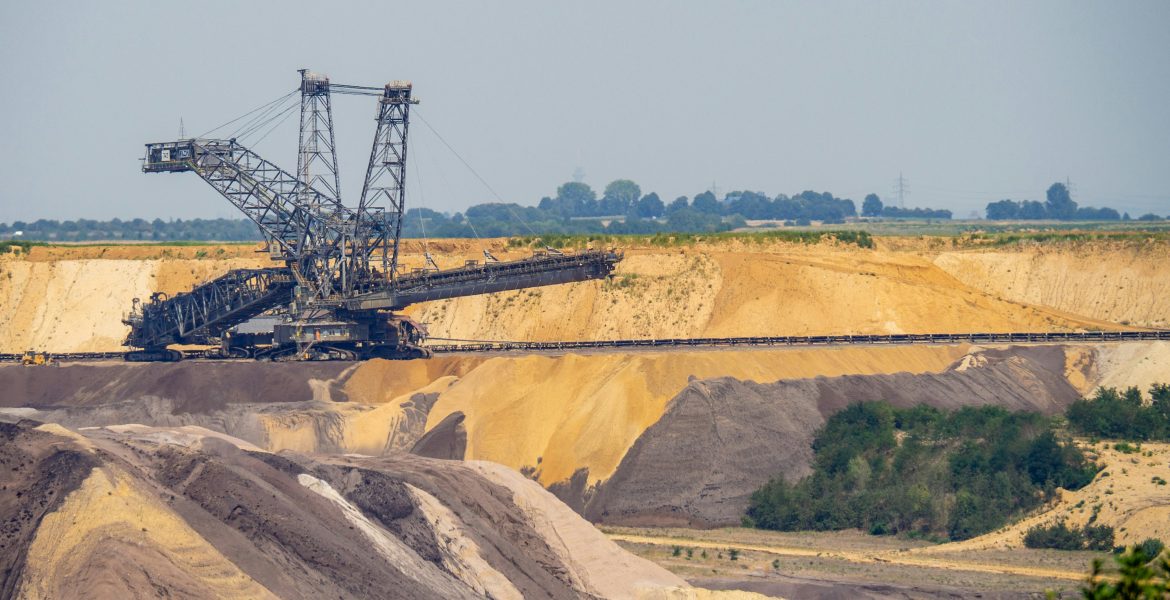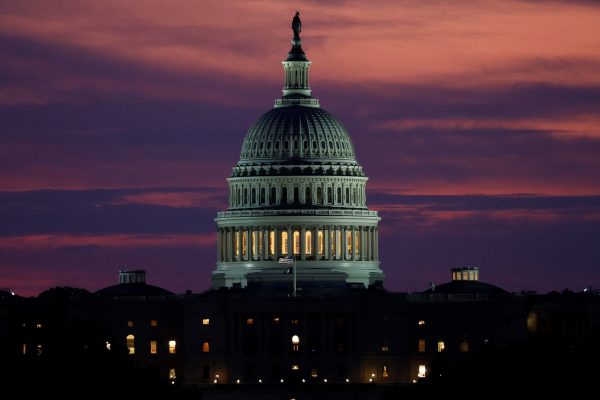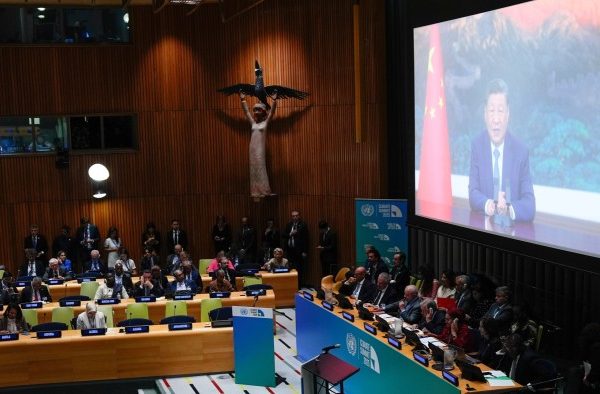Commodities Become Weapons in a Multipolar World

Lithium, copper, gold, and rare earths were once niche markets. Today, they have become weapons of statecraft. In a multipolar world, control over resources is no longer just about economics — it is about leverage. This shift is central to our Critical Resources & Commodity Leverage thesis, where commodities function as both growth assets and security tools.
Commodities as Security Assets
China dominates refining and mid-stream processing, leaving Western economies dependent on foreign supply chains. At the same time, rearmament, electrification, and inflation hedging have lifted demand across the board. As a result, commodities are no longer passive industrial inputs; they are strategic resources. This reinforces our Global Energy Transition hypothesis, where copper, lithium, and nickel underpin the green economy. Moreover, supply concentration gives producing nations leverage in both diplomatic and commercial negotiations.
Dual Role for Investors
For investors, commodities now serve a dual purpose. During stable periods they provide growth exposure, while in times of volatility they act as protection. Gold is the clearest case, functioning both as a safe haven and as portfolio insurance. However, risks remain. Resource nationalism, sudden policy interventions, and rapid technological shifts can quickly reshape markets. Therefore, positioning requires both meaningful exposure and flexibility.
Multipolar Fragmentation
As geopolitical blocs diverge, commodities are increasingly deployed as political weapons. Export bans, selective supply agreements, and outright embargoes are no longer the exception but the rule. This trend intersects with our scenario planning framework. In a Peaceful Transition, resource trade continues under managed competition. In an Engineered Crisis, supply disruptions become deliberate tools of escalation. In The Great Unwinding, control over critical resources cements China’s role as global stabiliser.
Final thought
Commodities now sit at the centre of geopolitics. For governments, they are instruments of power. For investors, they are essential anchors in a volatile multipolar order. Consequently, the challenge is no longer whether commodities matter — it is how to navigate their dual role as both weapons and opportunity.
You may also like

NATO-Russia Tensions and Self-Interest

US Shutdown – an Engineered Constitutional Crisis?
